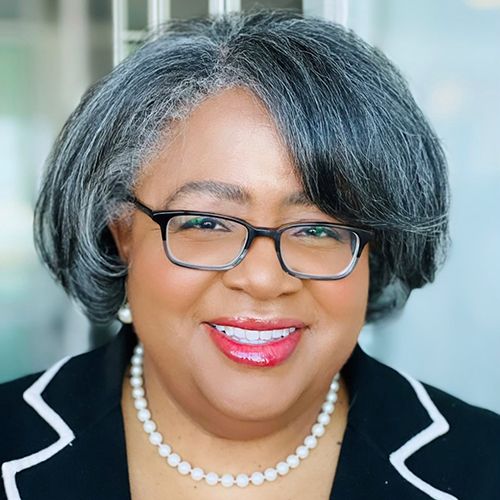Statement of Jocelyn Frye, President of the National Partnership for Women & Families WASHINGTON, D.C. – June 28, 2024 – Today, the Supreme Court upended sound, longstanding, legal precedent that has provided protections for everyday people for decades...

At the March on Washington, Black women were sidelined. 60 years later, the need to center Black women is as urgent as ever
As America marks the 60th anniversary of the March on Washington for Jobs and Freedom, much attention will focus on the enduring legacy of Martin Luther King Jr.’s “I Have a Dream” speech and the unfinished work of the Civil Rights Movement. Amid these reflections, one controversy we should not overlook is how Black women leaders — who made vital contributions to the movement as organizers, strategists, and frontline foot soldiers — were relegated to a limited, single speaking segment at the March. And this was only after substantial agitation by Black women behind the scenes.
This sidelining of Black women is emblematic of a deeper struggle. Despite their integral role in advancing racial justice and women’s rights, Black women often have been treated as afterthoughts and less than equal partners due to the combined effects of racial and gender bias.
Six decades following the March on Washington, understanding the unique challenges and experiences of Black women takes on renewed importance. A forward-looking, economic and jobs agenda that builds on and fulfills the March’s legacy should start by identifying, centering, and addressing the persistent inequities Black women face in our economy.
Black women are vital to the well-being of their families, with more than 80 percent serving as the primary, sole, or co-breadwinners for their households. Black women also historically have among the highest rates of labor force participation for women.
As a result, Black women have long been a bellwether for the health of our overall economy — and, often, most vulnerable to its fragilities. COVID-19 offered a clear example, as Black women stood on dual front lines of the pandemic. Unemployment rates surged higher among Black women than most other women. Yet, many were also essential workers who worked throughout the crisis, frequently without access to strong benefits or labor protections.
Profound racial and gender wage gaps continue to plague our society, putting at risk the economic stability of Black families. Black women who work full-time, year-round jobs earn roughly 67 cents for every dollar earned by white men — a disparity that costs them nearly $40 billion annually in lost wages. This disparity has existed for decades, so much so that it has become almost normalized and seen as inevitable.
But this does not have to be the case. We need intentional, targeted solutions that do not define Black women’s experiences through a singular racial or gender lens — but recognize the intersectional nature of the lives they lead.
This means, for example, strengthening tools for collecting pay data by race and gender to identify persistent areas of disparity, especially in occupations where Black women are overrepresented. Then, taking swift action whenever disparities are uncovered.
It means understanding how much pay gaps are rooted in systemic biases, including the fact that Black women are clustered in lower-paying industries like domestic work and care work. Black women are also disproportionately caregivers for their families, yet often lack supports to help them take time off without losing income. Raising the minimum wage and passing comprehensive paid family and medical leave are essential solutions to these issues.
Furthermore, we should reimagine our broader approach to economic investments and industrial policy so they’re more inclusive of Black women. This includes taking strong steps to ensure Black women benefit from the 800,000 good-paying jobs the Biden-Harris administration’s milestone infrastructure law will create in fields like construction and engineering.
We also must confront, head-on, discriminatory attitudes that hold Black women back. Black women earn less money than white men even when they have the same level of education and do the same work. This is due largely to distorted, biased viewpoints about Black women that still permeate many workplaces. There remains a narrative that questions our work ethic and skills and that only adds to the devaluation and disrespect of Black women as workers who are unworthy or undeserving of support.
Creating workplaces free of discrimination and bias requires intentional, concerted action. Employers must closely examine their cultures and act quickly to correct harmful behavior; evaluate promotion and attrition rates among Black women to isolate trends and potential problem areas; provide staff with regular training on respectful treatment and anti-racism priorities; and ensure employees adhere to clear standards on all these issues.
Black women need and deserve bold solutions tailored to address the specific hurdles they face — solutions to uproot deeply-entrenched biases and finally fulfill the calls for racial and economic justice that fueled the March on Washington sixty years ago.
Anna Arnold Hedgeman, the trailblazing Black feminist who fought to give women a place at the podium that historic day, once wrote that Black women, “like all women, must find ways of securing adequate respect for their work, and their potential as fellow members of the human family.”
It is long past time for Black women to have our voices, lived experiences, and humanity adequately respected, properly valued, and prioritized.
This piece was originally published to the Grio as an op-ed.

